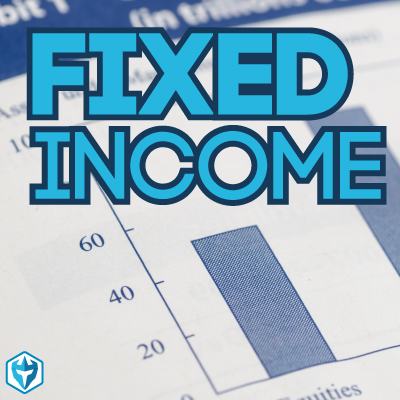Big earners who are also big savers have a lot to be happy about: The United States government recently increased the limits on several retirement accounts for 2023, a move that might pay well for individuals prepared to ride out a turbulent stock market. The new limits are also a silver lining for inflation rates because the IRS bases its investment limits on them. That couldn’t have arrived at a better time – the last time inflation was this terrible was in the 1980s. There’s even more good news regarding taxes. According to the IRS, taxpayers will experience greater standard deductions and tax brackets, increasing take-home income for millions of Americans. At the same time, Social Security beneficiaries will see an 8.7% cost-of-living adjustment (COLA) in 2023. What high-income earners may expect Individuals will be allowed a maximum contribution of $22,500 to their 401(k) plans, beginning in January, a $2,000 increase over the 2022 ceiling. Starting next year, the IRS will also boost the contribution limit for Individual Retirement Accounts (IRAs) by $500 to $6,500. The news is much better for older investors. The catch-up contribution maximum for anyone over 50 who participates in 401(k), 403(b), most 457 plans, and the federal government’s TSP will increase from $6,500 to $7,500. That implies investors aged 50 and more might save up to $36,500 annually. Will people make use of it? While reducing investment restrictions is beneficial, most 401(k) investors don’t even come close to the federal contribution maximum. According to Vanguard, around 14% of 401(k) investors maxed out their contributions in 2021. Fidelity Investments reported earlier this year that the average 401(k) member saved about 14% of their pay, including their percentage contribution plus their employer’s match. Using Fidelity’s average contribution number but assuming no employer match, a worker under 50 earning $160,714 in 2023 would meet the government threshold. These 401(k) contribution limits do not include employer matching contributions. The power of the 401(k) While the new IRS restrictions may benefit high earners the most, active savers on lesser incomes may nevertheless gain significantly – especially those who use recurring automated contributions. When combined with employer matching, it’s an ideal combination of free money and effortless saving that seamlessly transitions from salary to retirement savings. If you’re worried about the present stock market slump, keep purchasing while share prices are low. A market rebound will eventually wipe out some of your losses and turbocharge the equities you bought at rock-bottom prices. “During times of economic uncertainty, retirement savers must stay focused on their long-term savings objectives rather than reacting knee-jerk to short-term market occurrences,” said Kevin Barry, head of Workplace Investing at Fidelity Investments, in introducing the report. Yes, cool heads do triumph. The patient will thrive. The fact is that when dividends are reinvested, the stock market returns 9.72% every year, and this dates to 1900. Sure, inflation has many of us fleeing. However, given enough time, your portfolio will be able to outrun it.
Contact Information:
Email: [email protected]
Phone: 8139269909
Bio:
For over 30-years Joe Carreno of The Retirement Advantage has been a Federal Employee Retirement System specialist (FERS) as well as a Florida Retirement System specialist (FRS) independent advocate. An affiliate of PSRE (Public Sector Retirement Educators), a Federal Contractor & Registered Vendor to the Federal Government, also an affiliate of TSP Withdrawal Consultants. We will help you understand your FERS & FRS Benefits, TSP & Florida D.R.O.P. withdrawal options in detail while recognizing & maximizing all concurrent alternatives available.Our primary goal is to guide you into retirement with no regrets; safe, predictable, stable, for life. We look forward to visiting with you.
Disclosure:
Not affiliated with the U.S. Federal Government, the State of Florida, or any government agency. The firm is not engaged in the practice of law or accounting. Always consult an attorney or tax professional regarding your specific legal or tax situation. Although we make great efforts to ensure the accuracy of the information contained herein we cannot guarantee all information is correct. Any comments regarding guarantees, safe and secure investments & guaranteed income streams or similar refer only to fixed insurance and annuity products. Fixed insurance and annuity product guarantees are subject to the claimsâ€paying ability of the issuing company. Annuities are long-term products of the insurance industry designed for retirement income. They contain some limitations, including possible withdrawal charges and a market value adjustment that could affect contract values. Annuities are not FDIC insured.














